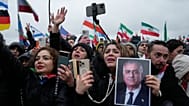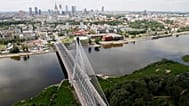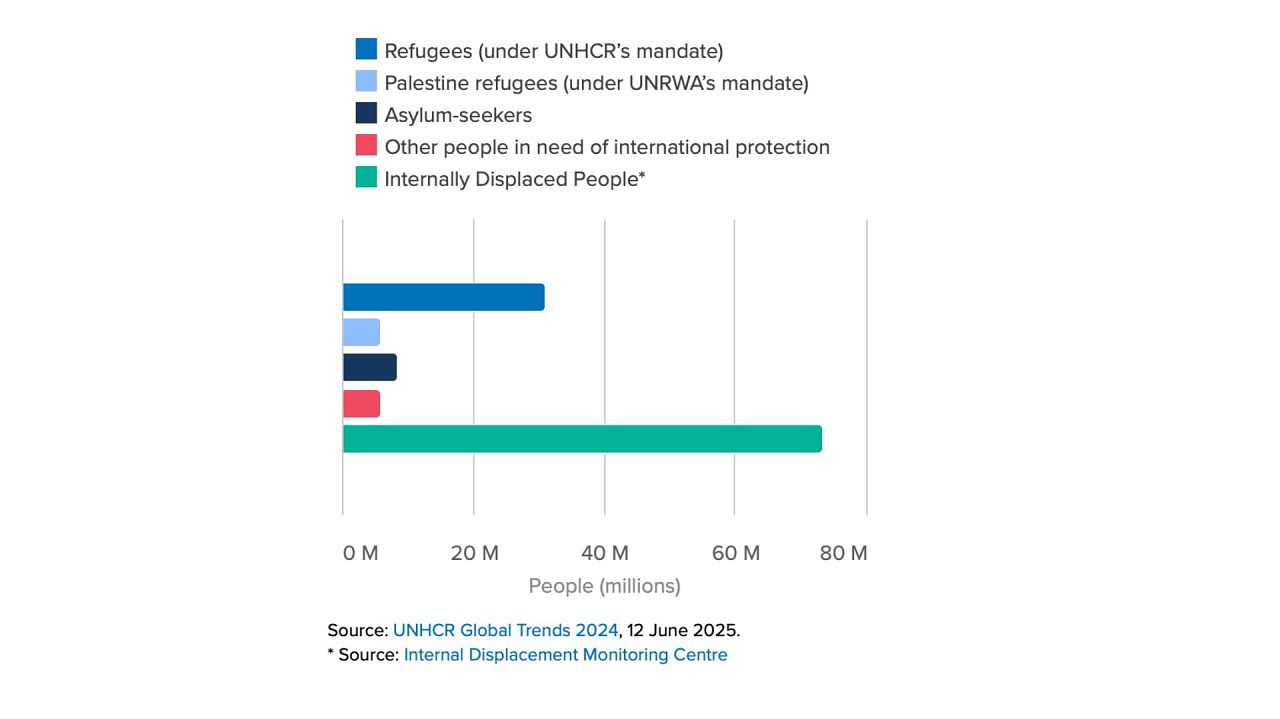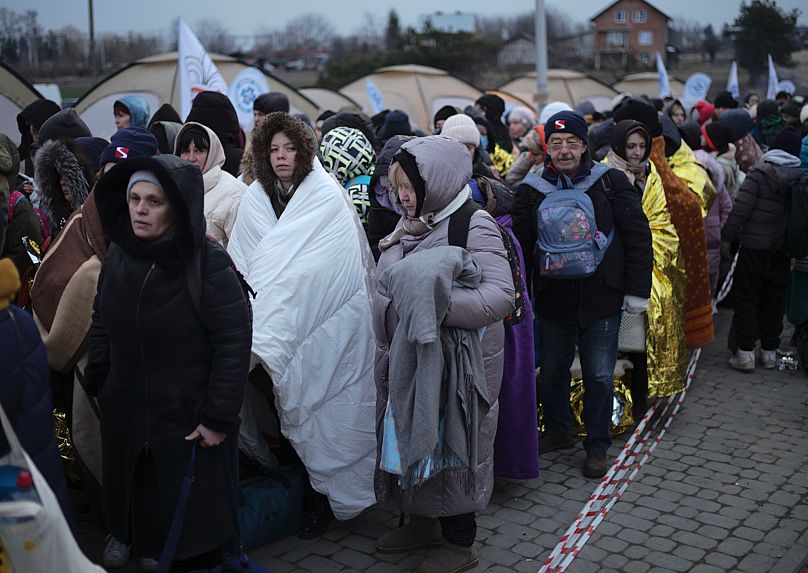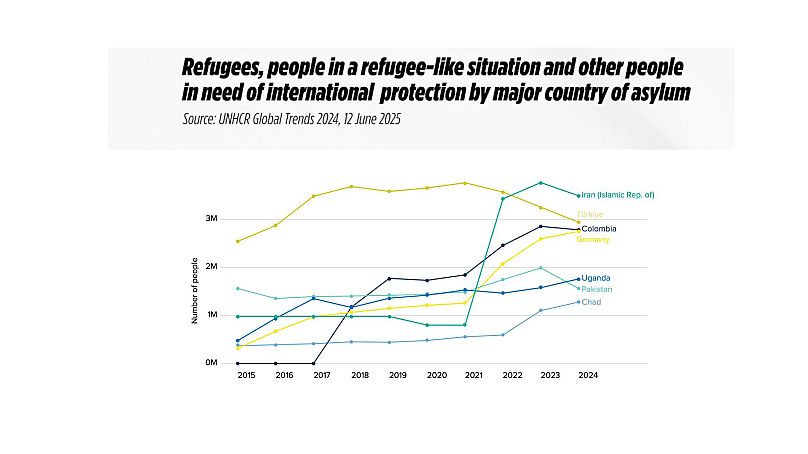EuroVerify investigates a claim shared by a politician from the far-right Portuguese Chega party, stating that 85% of refugees are of the Muslim faith.
A politician from the far-right Portuguese Chega party, which is known for its anti-immigration policies, alleged in a post shared on X that "85% of refugees are Muslim" on 1 August.
 ADVERTISEMENT
ADVERTISEMENT
 ADVERTISEMENT
ADVERTISEMENT
Chega has previously faced accusations of Islamophobia, with the party's leader André Ventura having called for the "drastic reduction of the Islamic presence in the European Union.”
Chega party's lawmaker Pedro Frazão also claimed that "instead of seeking asylum" in other Muslim countries, these individuals "choose to flee to the West."
Both claims are difficult to back with data, as there is a lack of precise and up-to-date data cataloguing refugees’ religious affiliation.
However, it is evident that wars, economic crises and natural disasters impact the makeup of the global refugee population.
While the United Nations produces a vast amount of data on refugees and forcibly displaced people worldwide, it is heavily reliant on government data. While some countries provide information on refugees' religious affiliations, others do not.
Where did refugees come from in 2024?
According to the UN refugee agency UNHCR, the global refugee population, including people in need of international protection, reached nearly 42.7 million in 2024.
In addition, there were 73.5 million people displaced within the borders of their own countries (IDPs) and 8.4 million asylum-seekers.
Within Europe, Germany was the European country which hosted the most refugees in 2024 — which has been the case since 2015. Research conducted by the German government published in 2021 revealed that between 2013 and 2019, 69.7% of the refugees it hosted were Muslim.
However, these figures predate Russia’s full-scale invasion of Ukraine in early 2022, when millions of Ukrainians were forced to leave the country at war.
The latest data from the UNHCR showed that in 2024, nearly seven out of 10 of all refugees and people in need of international protection originated from Syria, Afghanistan, South Sudan, Venezuela and Ukraine.
The main religion in Syria and Afghanistan is Islam, but in South Sudan, Ukraine and Venezuela, different branches of Christianity are the predominant belief.
Given that Ukrainians and Venezuelans made up nearly one-third of all refugees and other people in need of international protection in 2024, it is "unlikely" that 85% of refugees are Muslim, a UN spokesperson told EuroVerify.
Although a country may have a Muslim-majority population, this does not mean that all refugees who originate from there are Muslim, and vice versa. In addition, those who nominally belong to an ethnic group associated with Islam might not be actual believers.
Muslim-majority nations top the list of host countries
Contrary to the claim that refugees of Muslim background predominantly seek refuge in the West, Germany is the only European country which features among the seven countries which have hosted the most asylum seekers since 2015.
Iran and Turkey are the two top countries where the most refugees sought asylum between 2015 and 2024.
Meanwhile, four out of the seven nations which hosted the most asylum seekers in this period — Iran, Turkey, Chad and Pakistan — were Muslim-majority countries, which debunks the claim that refugees who identify as Muslim only seek refuge in the West.
* This article was amended on 05/09/2025 to state that South Sudan is a predominantly Christian country. The article previously erroneously said that it was majority Muslim.

